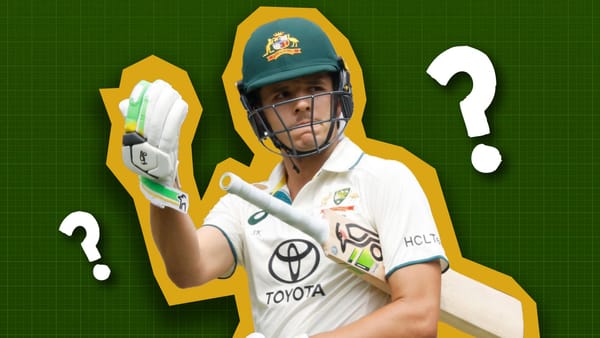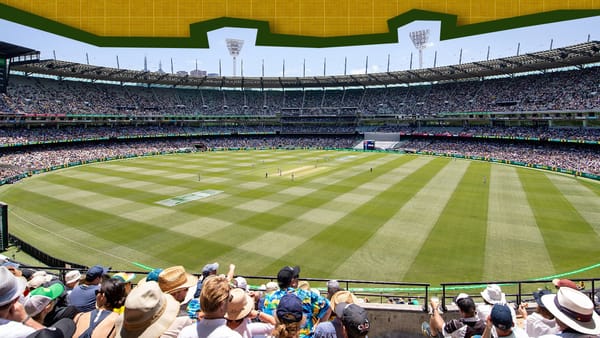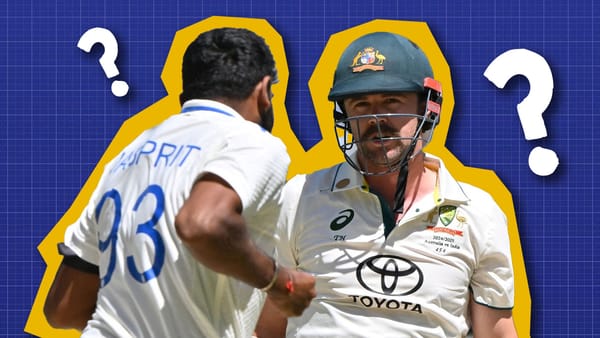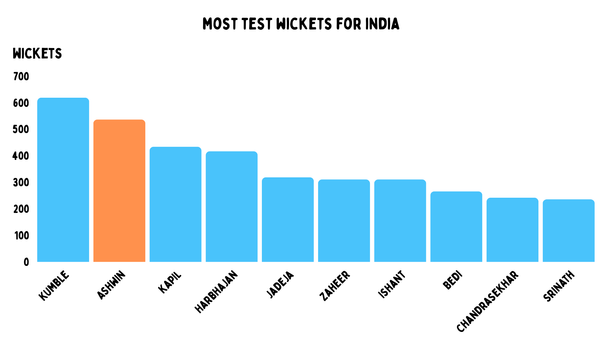Rebels and race
This week I released two podcasts that were accidentally linked. The first was Ashley Gray talking about his book the Unforgiven West Indian Rebel cricketers.
The book is on the 1980s when players headed off to South Africa to make a lot more money than they would at home.
Generally, when we talk of the rebels, it's focused on English cricket.
How like Graham Gooch and Mike Gatting left to play cricket in Apartheid South Africa and had to pay the price by captaining England and leading the MCC. In Australia, the stories focus on those players, in Sri Lanka its usually about how Arjuna Ranatunga wanted to go but was talked out of it. But when you turn to the West Indian players, it gets very dark.
For years there would be the odd long read on them, and it often focused on mental health, depression and homelessness. What is excellent about Ashley's book is it goes deep into each player, and no just where they ended up, but how they began.
I got him on to talk about just two of the players; he chose Danny Austin and Herbert Chang. The two were Jamaican teammates, and both incredibly talented. But also they were fringe players because of how strong West Indian cricket was, they weren't a chance of playing more. And while they were in their prime, the team was so strong that at best they would get a handful of games.
On top of that, even when they played for the West Indies, they were barely paid. Their best chance of making money was with Kerry Packer's Rebel league, club cricket in the UK, or if they were fortunate, a county deal. And their talents at that time were good enough that they probably would have had incredible careers in Sri Lanka, New Zealand or Zimbabwe.
Instead, they made a mistake, one that marked them as pariahs even as the white cricketers who did the same were accepted - lovingly at times - back into cricket.
The entire story is so confusing racially, black men going to play in Apartheid South Africa and being shunned when they return home. While white players who did the same were accepted - lovingly at times - back into cricket.
But cricket's history on race is often full of confusion like this, and that is the story of my latest episode of Double Century. It is a story of how individual players never got near their international side, while others played because they had light skin, or just promised a big crowd. Where Indigenous cricketers were almost the entire touring party or chuckers who were pushed out of the game.
Or one of my favourite stories, Test Cricket's first black cricketer Sam Morris.
So this podcast has a lot of interesting stories. One I loved learning about was Sam Morris. Who was the first black man to play Test cricket, and did so for Australia. Which makes it even more random. He was also the first Test player born in Tasmania. Morris had some firsts.
— Jarrod Kimber (@ajarrodkimber) 4:05 PM ∙ Oct 31, 2020
Morris' father was a miner who came to Australia for the gold rush from Barbados. It's believed his mother was from St Kitts. He was an all rounder (medium pacer) who was known as a quality fielder. He even kept wickets at times. (Making him allroundier).
— Jarrod Kimber (@ajarrodkimber) 4:08 PM ∙ Oct 31, 2020
Morris played his first - and only Test - because the Australian players had gone on strike. He made 10*, but took two of the top three before England went on to win easily.
— Jarrod Kimber (@ajarrodkimber) 4:10 PM ∙ Oct 31, 2020
Years later someone asked Morris if he had played a Test, and he said no. Which means he had a poor memory, or he never checked that his match was given Test status.
— Jarrod Kimber (@ajarrodkimber) 4:12 PM ∙ Oct 31, 2020
Morris' nickname was darkie. Yeah. He was a good first class all rounder, probably not a Test player. But it's incredible he played at all. He was also a curator and did some umpiring later in life as well.
— Jarrod Kimber (@ajarrodkimber) 4:14 PM ∙ Oct 31, 2020
I think this was my favourite episode of Double Century so far. The ability to track through cricket's weird history of race, while telling stories about Wes Hall talking to prime ministers and the origin of cricket phrases was just so fulfilling. Cricket's nature of being international and also having formed before many of the actual nations themselves had, makes it so amazing.
One of my favourite things is that Jackie Robinson broke the colour barrier in American sports in 1947, by then Sam Morris had played for Australia, Ranji for England, and Charles Llewellyn for South Africa. The West Indian and Indian teams both played as well. And yet South Africa would only play against white teams, except England, when they happily played against Duleep. Because, this is cricket.
This is a sport that started playing organised international matches before others caught up, or even before many of their own were nations. It makes sense that it's all complicated. And like pretty much everything else in cricket, race in the game is confused, muddled and has been since the start.




